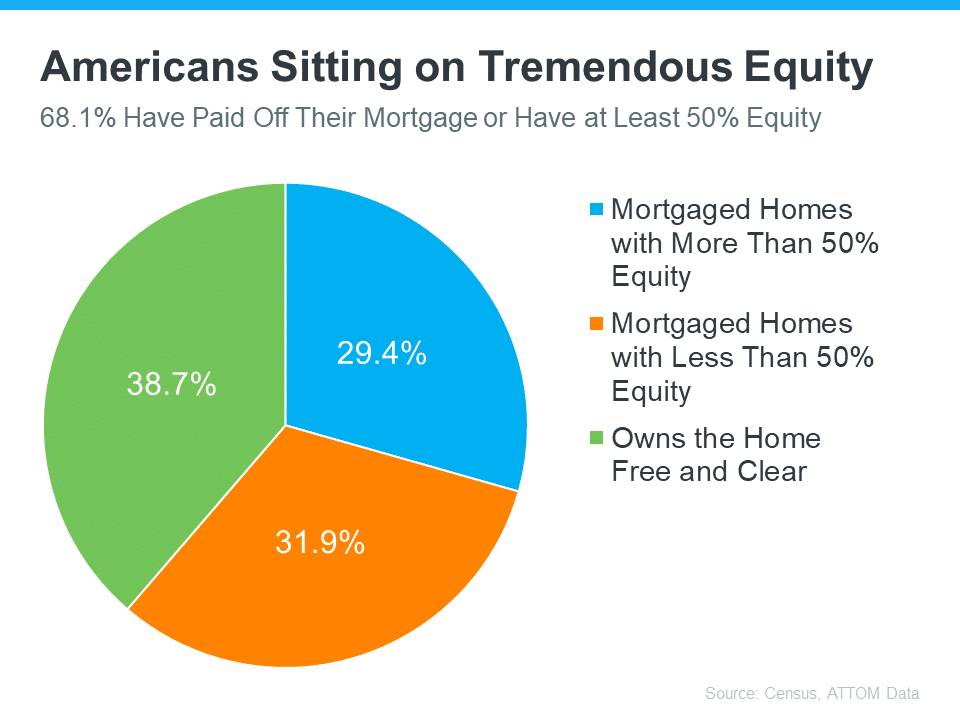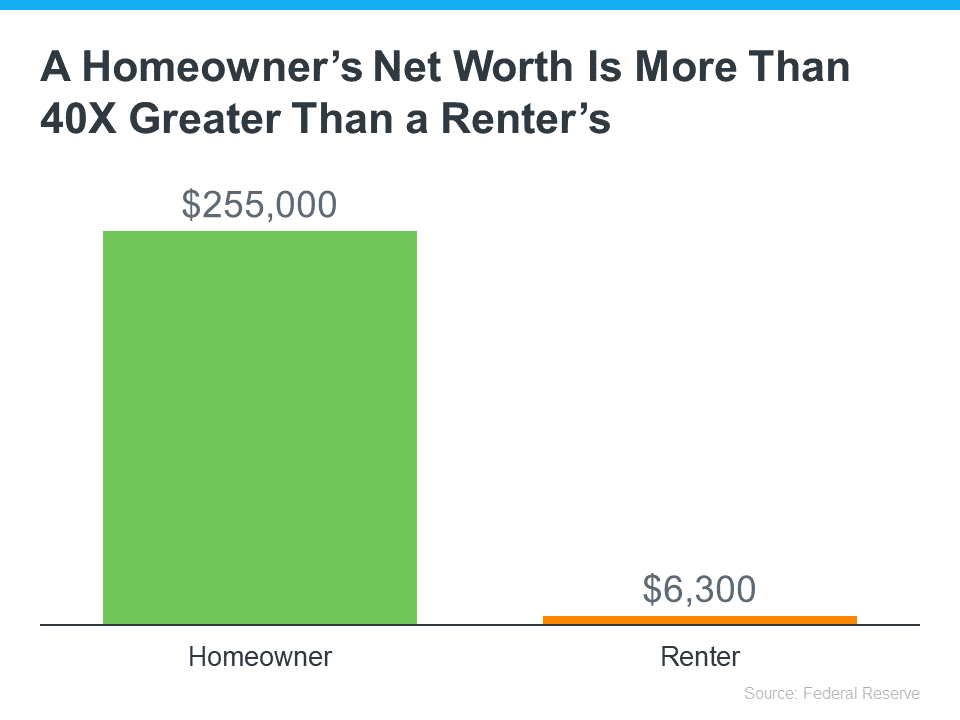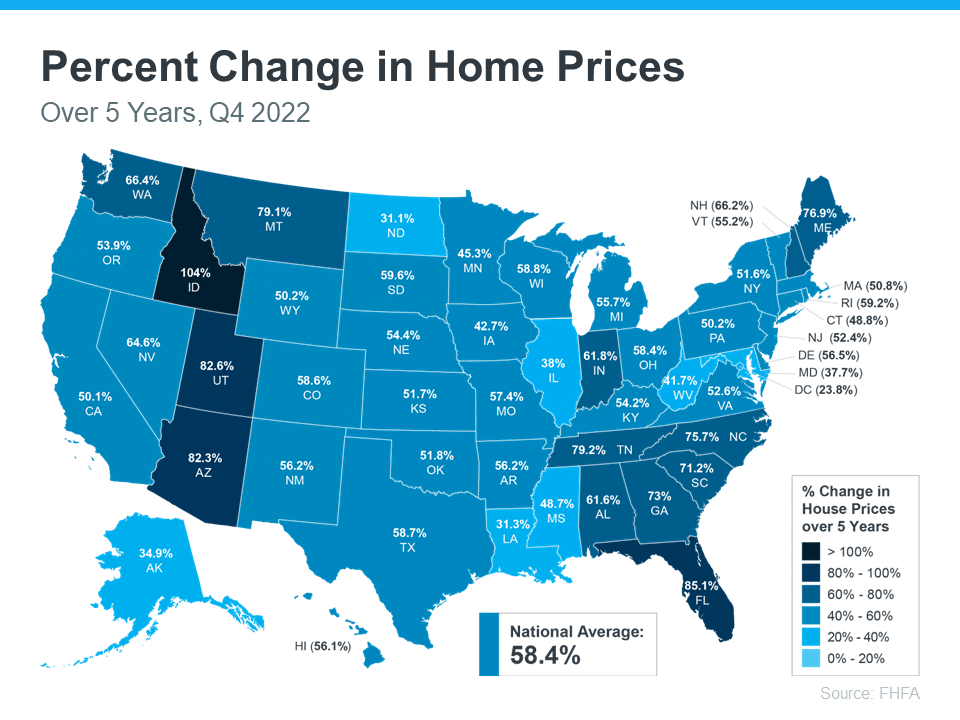
Though there are more homes for sale now than there were at this time last year, there’s still an undersupply with fewerhouses available than in more normal, pre-pandemic years. The Monthly Housing Market Trends Report from realtor.com puts it this way:
“While the number of homes for sale is increasing, it is still 43.2% lower than it was before the pandemic in 2017 to 2019. This means that there are still fewer homes available to buy on a typical day than there were a few years ago.”
The current housing shortage has an impact on how you search for a home this spring. With limited options on the market, buyers who consider what’s a necessity versus what’s a nice-to-have will be more successful in their home search.
The first step? Get pre-approved for a mortgage. Pre-approval helps you better understand what you can borrow for your home loan, and that plays an important role in how you’ll put your list together. After all, you don’t want to fall in love with a home that’s out of reach. Once you have a good grasp on your budget, the best way to prioritize all the features you want and need in a home is to put together a list.
Here’s a great way to think about them before you begin:
- Must-Haves – If a house doesn’t have these features, it won’t work for you and your lifestyle.
- Nice-To-Haves – These are features you’d love to have but can live without. Nice-to-haves aren’t dealbreakers, but if you find a home that hits all the must-haves and some of the these, it’s a contender.
- Dream State – This is where you can really think big. Again, these aren’t features you’ll need, but if you find a home in your budget that has all the must-haves, most of the nice-to-haves, and any of these, it’s a clear winner.
Finally, once you’ve created your list and categorized it in a way that works for you, discuss it with your real estate agent. They’ll be able to help you refine the list further, coach you through the best ways to stick to it and find a home in your area that meets your needs.
Bottom Line
Prioritizing what you need in a home is a critical first step in the buying process. If you’re ready to find the one that’s best for you, let’s connect.







